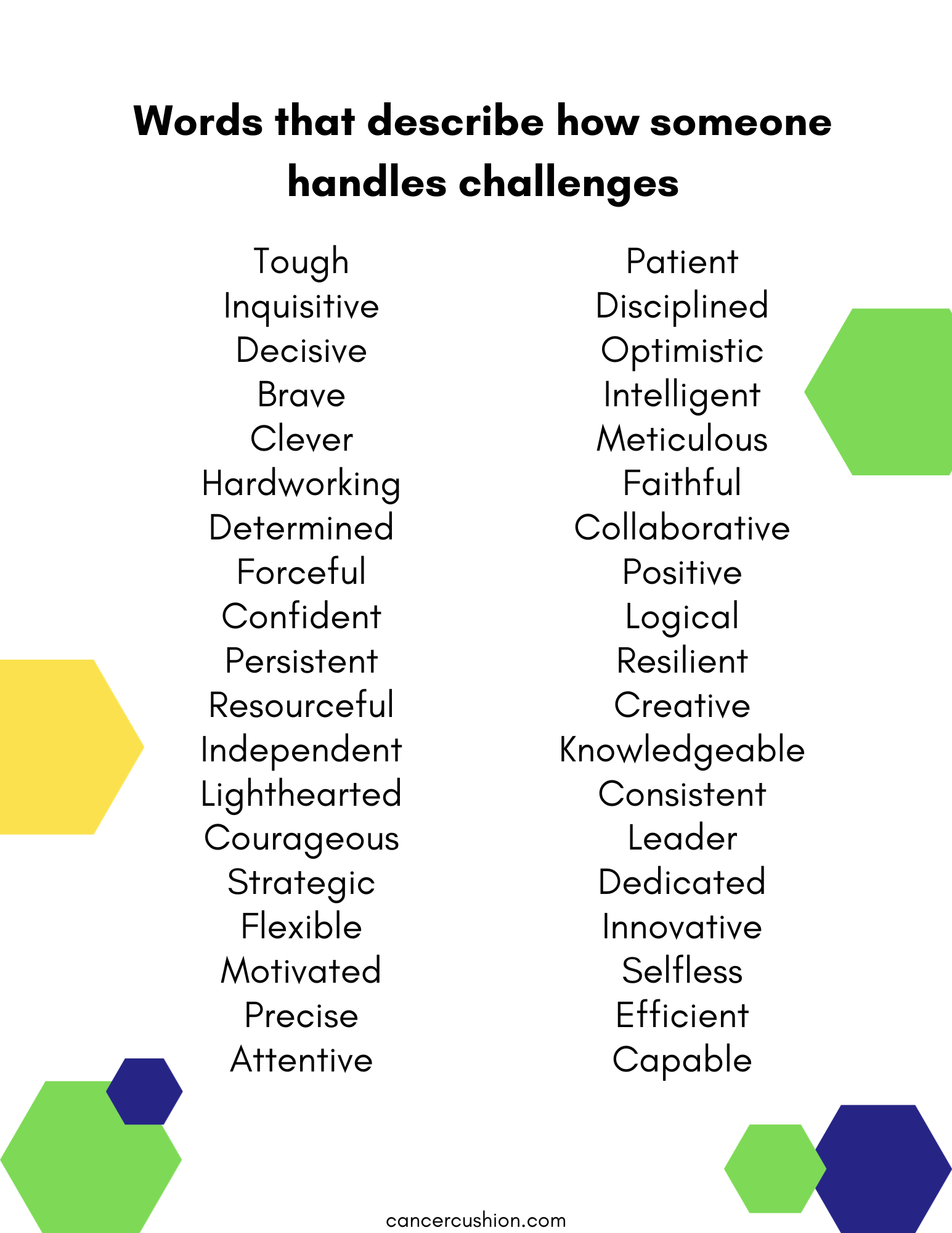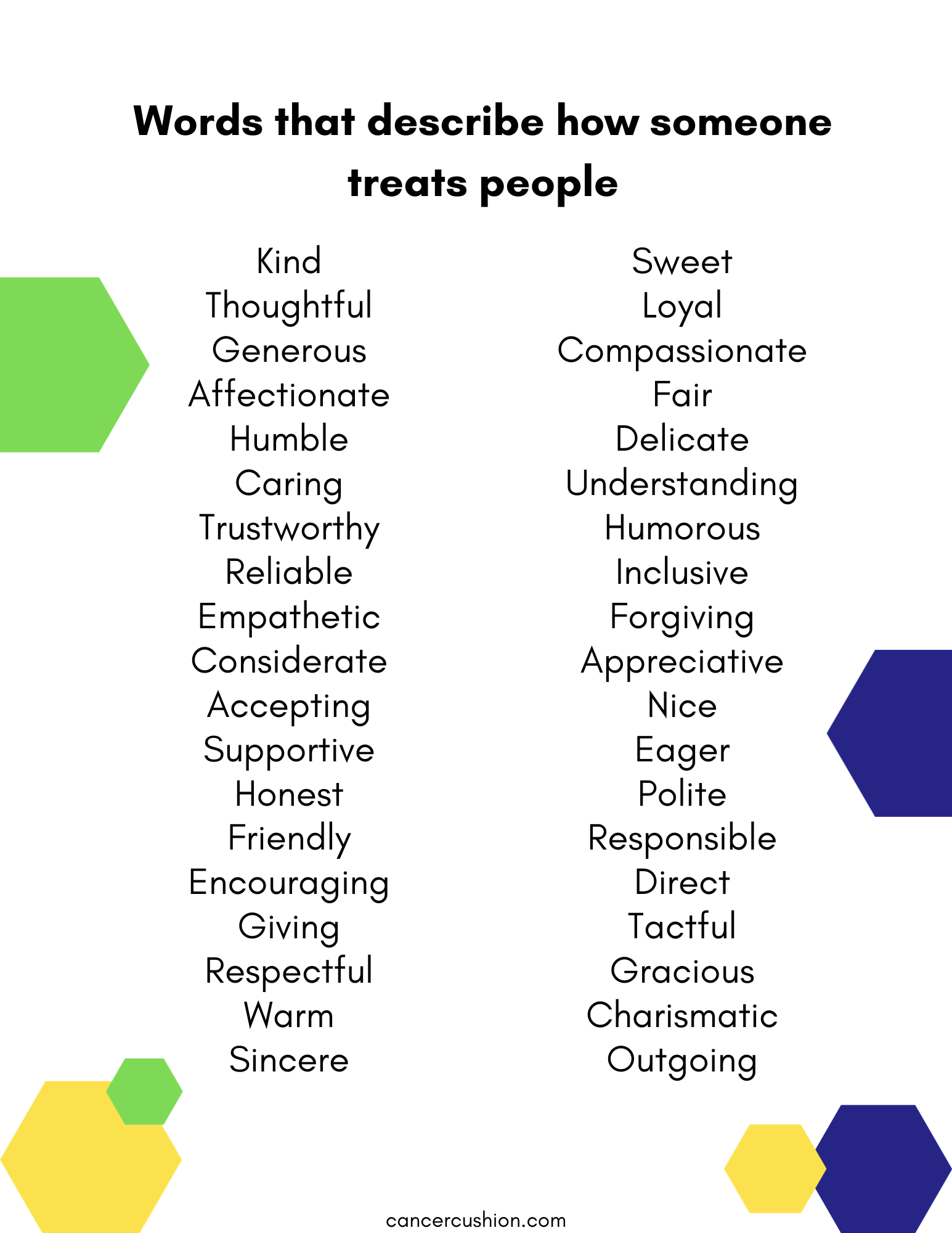Promote Self-Esteem After a Childhood Cancer Diagnosis
By Allie Neenan, PhD, LP | Last Updated 12/4/24
The phrase "self-esteem" refers to a person's sense of satisfaction with themselves. Children and adolescents cultivate a positive identity at home, school, and in the community. As children master a new play on the soccer team or a new song on the piano, they learn what it is like to succeed as a result of their own hard work. The feeling of confidence that comes from success is called self-efficacy, or a belief in one's ability to achieve their goals. Self-efficacy is a critical aspect of self-esteem.
After a child is diagnosed with cancer, they often lose access to the activities that promote self-efficacy and self-esteem. When children are hospitalized, they are often completely isolated. Side effects like fatigue and neutropenia further prevent children from keeping up with others their age. Children may lose the ability to run, jump, or play in the ways they used to. At the most difficult times, children may be unable to walk or feed themselves. These challenges can leave children feeling incapable, lowering their self-esteem.
Siblings of children with cancer also face threats to self-esteem. Siblings may physically be able to attend school and sports, but logistical changes in the family can make it impossible to keep up old routines. Many siblings feel guilt or sadness when they watch a brother or sister suffer the side effects of cancer treatment, powerless to fix the problem. Siblings' difficulties may not be as obvious as those of the child with cancer, which can lead to even more issues with feeling valuable or important.
The good news is, there are many ways to solve this problem.
Promoting self-esteem is all about consistency. Find opportunities each day to praise children for the ways they show maturity, kindness, and resilience. When children are sick, the "little things" are the biggest things. Every victory is worth celebrating.
One fun and simple way that families can promote self-esteem at home is by making a "Word Cloud". A Word Cloud is a colorful, customized image that highlights positive traits - like this example below.

Here are a few tools to get started with making a custom Word Cloud:
1. Word Lists
Use these word lists to inspire how you will describe your child. The lists focus on three unique elements of a child's identity: their personality, how they approach challenges, and how they treat others. Some of these words may be unfamiliar, especially for younger children. Sharing stories that illustrate how a child has shown a trait such as "resourceful" or "imaginative" can instill understanding and pride. Choose between 5-10 words from each list to start creating a Word Cloud.



2. Word Cloud Generator
Both of the Word Cloud examples on this post were created using Free Word Cloud Generator. You can use this site to create downloadable Word Clouds with custom colors and fonts. To make the words appear larger, type them multiple times. Word Clouds can evolve alongside your child if you add new words.
Children lose so many aspects of themselves after a childhood cancer diagnosis. With time and support, children can build up their self-esteem as they take on such a serious diagnosis.
All content on Cancer Cushion is provided for informational purposes only. Individuals experiencing a mental health emergency should contact their local crisis line or dial 988.